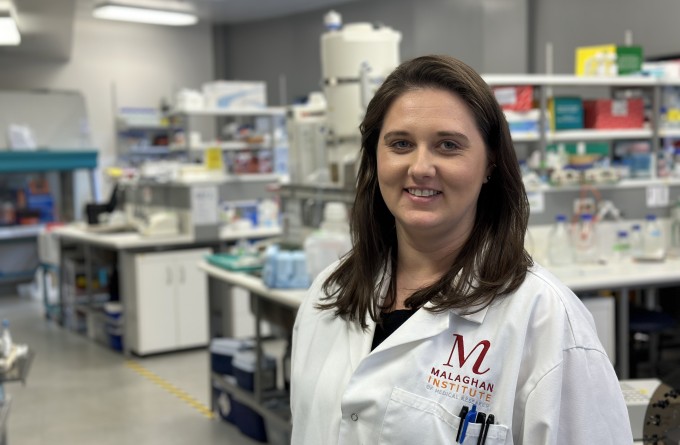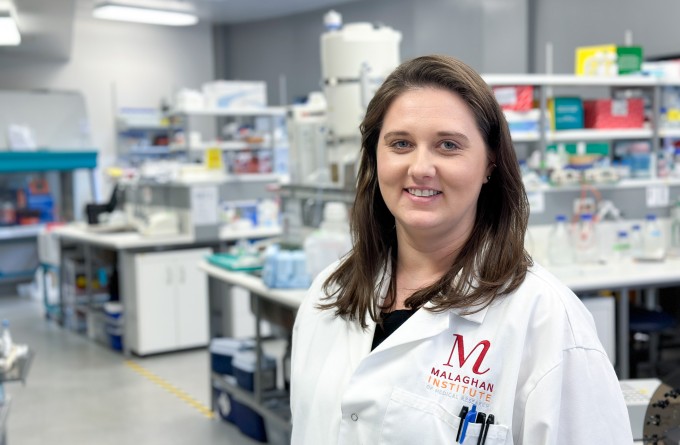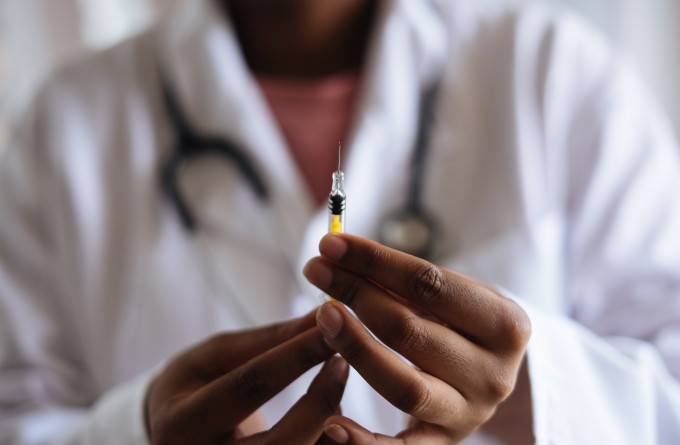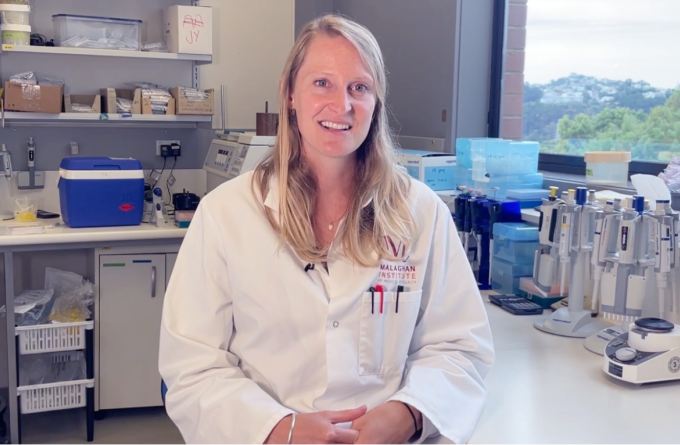5 May 2020
The SARS-CoV-2 coronavirus is a pressing reminder of how vulnerable our society is to novel infectious agents. But Malaghan Institute Director Professor Graham Le Gros explains that infectious diseases are nothing new, and with the right investment in research and development, we can be well equipped to overcome this global pandemic and others to come.

Professor Graham Le Gros
“In recent decades we have all been privileged to live in a vaccine- protected world,” says Prof Le Gros. “We have good awareness and effective tools to fight the important infectious agents out there like influenza, polio and measles. However, the recent emergence of COVID-19 shows just how dynamic and destructive a new infectious agent can be to a susceptible host.
“Where we have been a bit remiss as a society, I believe, is that we tend to think we’ve conquered infectious diseases. We must always be prepared for the emergence of new infectious agents. There always has to be a strong investment in preparedness and capability to make new vaccines to combat new diseases,” says Prof Le Gros.
“However, I have every faith that making an effective vaccine for this novel coronavirus is possible. What we can’t yet predict is how long it will be until such a vaccine is widely available. While there is plenty of news about work underway towards a vaccine, even the most optimistic predictions from top scientists put a safe and effective vaccine that can be mass-produced at least 18 months away. In addition, there remain a few tricky aspects of the virus including how it infects people and hides from the immune system that science doesn’t yet fully understand. What is essential now is investment in research – global, collaborative research – to understand this virus, and for communities globally to follow public health guidelines to minimise the virus’s impact.
The urgent need for New Zealand to be part of the cure
Many international organisations are hard at work making inroads towards a vaccine, but it is essential that New Zealand isn’t complacent, waiting for a cure to arrive on our shores, says Prof Le Gros. That could spell disaster for our health and economy.
“While multiple vaccines are in development overseas, there’s a growing concern among New Zealand scientists about the ability of manufacturers to scale up vaccine production to meet the needs of the global population.”
“Most countries will almost certainly distribute new vaccines within their own borders before exporting to other countries.”
What this means is that New Zealand has to play an active role in finding, developing and manufacturing a vaccine, or risk being well down the pecking order to receive one.
Prof Le Gros and other top New Zealand scientists are calling for a national COVID-19 vaccine programme to ensure New Zealand is best placed to access an effective vaccine at the earliest opportunity. This would include assessing the best vaccine options internationally, progressing vaccine development with leading research institutions, government and industry, building capacity for vaccine production in New Zealand, and developing a plan for how it will be rolled out.
“A vaccine is the only clear exit strategy that will allow New Zealand to return to normality,” says Prof Le Gros.
Click on the image below to read the rest of Scope 71:
Related articles

Malaghan and National Institutes of Health research receives prestigious award
5 March 2024

Scientists identify interferon-gamma as potential SARS-CoV-2 antiviral
13 December 2023

New research suggests hookworms could offer protection from severe Covid symptoms
14 August 2023

Kiwi-made Covid-19 booster vaccine offers 100% protection in preclinical study
3 March 2023

In Focus: RNA technology tackling New Zealand specific problems
8 February 2023

Clinical study shows booster needed to protect against Omicron
22 December 2022

